Statement to the International Criminal Court Assembly of State parties
As the Assembly of State Parties of the International Criminal Court gathers in The Hague, the Global International Parliamentary Alliance for the Recognition of Ecocide reaffirms its support for the formal proposal made by Vanuatu, Fiji and Samoa for the establishment of ecocide as a standalone crime within the Rome Statute.
At domestic, regional, and international levels, ecocide law serves as a crucial tool to tackle the interconnected crises of climate change, biodiversity loss, and pollution—threats that deeply affect human well-being and livelihoods. Enshrining ecocide in international law will hold perpetrators accountable, protect ecosystems, and uphold the fundamental human rights that rely on a healthy and resilient environment.
Marie Toussaint, Member of the European Parliament and co-founder of the Ecocide Alliance: “The proposal by Vanuatu, Fiji and Samoa is a crucial step towards international recognition of ecocide. It is no surprise that this initiative comes from countries on the front line of the devastating effects of climate change. Condemning ecocide is a matter of social justice. Everywhere, it is the most vulnerable who are most exposed to pollution and environmental destruction. The EU made a huge step forward by condemning the most serious crimes against nature in terms and conditions similar to ecocide. Now, the members of the Ecocide Alliance stand united to support this initiative and call on all countries to join it, like the Democratic Republic of Congo did recently.”
Jojo Mehta, Co-founder and CEO of Stop Ecocide International: “This legal initiative is gaining huge momentum - and not a moment too soon. Introducing ecocide as an international crime holds those in positions of superior responsibility—senior executives and policymakers—accountable for decisions leading to severe environmental destruction. The primary goal is deterrence: criminal law creates powerful moral as well as legal boundaries, making it clear that extreme levels of harm are unacceptable. By establishing legal consequences, we create a guardrail that compels decision-makers to prioritise safety for people and planet, fundamentally altering how they approach their obligations. We also create a route to justice for the worst harms that occur in times of conflict or in times of peace”
